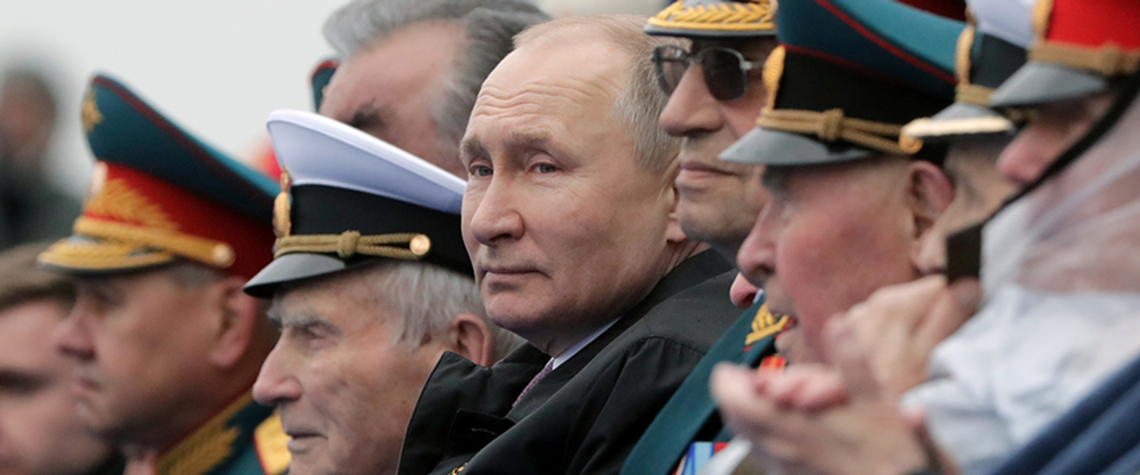Letter from Europe: Weaponised interdependence?
Mounting fear of an invasion of Ukraine has put Europe’s uneasy relationship with its biggest gas supplier back into the spotlight
Russian gas flows to Europe were unaffected by Moscow’s annexation of Crimea in 2014, partly because economic interdependence had evolved into a condition of mutually assured economic destruction. In 2013, gas accounted for about 14pc of Russia’s export revenues, or roughly $73bn. Russian gas accounted for nearly 30pc of EU supply, and more than a third of Germany’s. And so, when the US and EU formulated their response to the annexation, they were careful to avoid any measures that could disrupt the continued flow of gas from Russia to Europe. But now, Russia's swollen cash reserves may have convinced the Kremlin that it could withstand any retaliatory economic strike. Russia’s foreign reser

Also in this section
18 February 2026
With Texas LNG approaching financial close, Alaska LNG advancing towards a phased buildout and Magnolia LNG positioned for future optionality, Glenfarne CEO Brendan Duval says the coming year will demonstrate how the company’s more focused, owner-operator approach is reshaping LNG infrastructure development in the North America
18 February 2026
The global gas industry is no longer on the backfoot, hesitantly justifying the value of its product, but has greater confidence in gas remaining a core part of the global energy mix for decades
18 February 2026
With marketable supply unlikely to grow significantly and limited scope for pipeline imports, Brazil is expected to continue relying on LNG to cover supply shortfalls, Ieda Gomes, senior adviser of Brazilian thinktank FGV Energia,
tells Petroleum Economist
17 February 2026
The 25th WPC Energy Congress, taking place in Riyadh, Saudi Arabia from 26–30 April 2026, will bring together leaders from the political, industrial, financial and technology sectors under the unifying theme “Pathways to an Energy Future for All”







